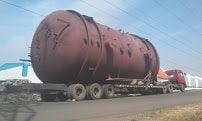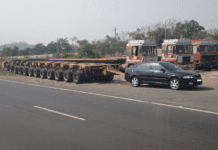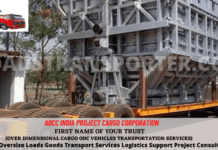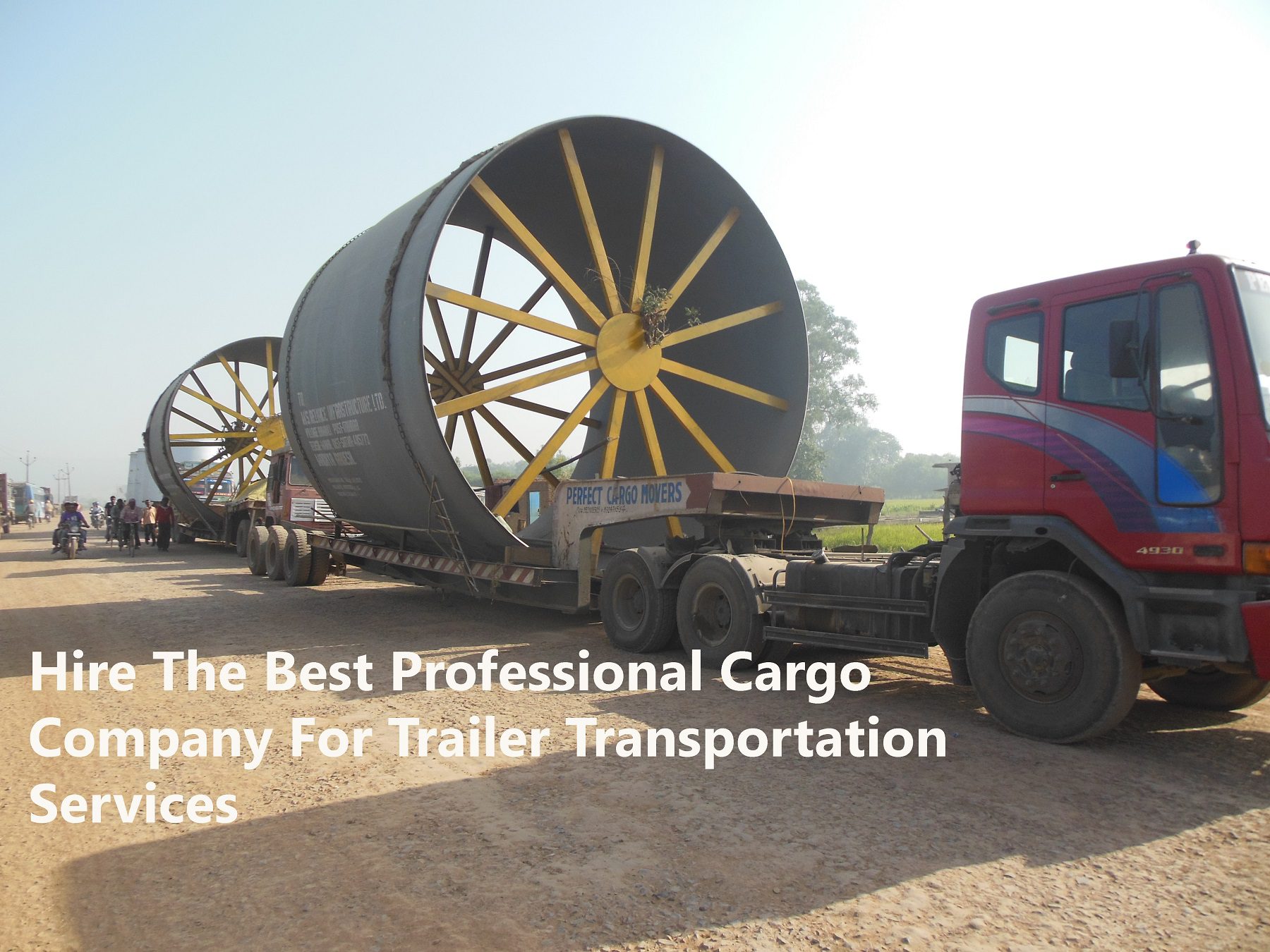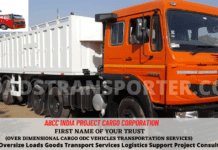Oversize Load ? Freight transport is a strategic sector for developing economies, companies, and people, and its empowering impact is even more significant in local and emerging markets. All the inhabitants of the productive zones receive the benefits of this commercial activity. In what ways?
The economic system has cargo transport as one of its fundamental pillars. This is so because practically all the goods we consume and use as raw materials in production processes are transported. The oversize load is transported either locally or globally.
Thus, the evolution of cargo transportation is directly related to the competitiveness of the country’s economy. The World Bank considers it crucial for reducing poverty because of its contribution to increasing productivity and competitiveness and its opportunities for the most vulnerable sectors. Let’s see the most relevant contributions.
Benefits of Oversized Load transport in social and economic development
The main and strongest influence of freight transport is its contribution to direct and indirect jobs. Associated with this activity, almost all the productive sectors operate. Small producers and entrepreneurs have access to the possibility of positioning their products in distant places. Large industries move their goods from production plants to distribution centers and retail stores. Everyone has to pay extra for the oversize load.
Freight transport supports local development and enhances the country’s growth, due to the opening of markets that it makes possible. Thus, when local demand decreases, distances are minimized thanks to freight transport, and geographical boundaries disappear.
Regional economies find in this service an opportunity for diversification and expansion. Freight transport is, in this way, a means of connecting producers with consumers. There is a proven relationship between this activity and social and economic development. The mobility of goods gives consumers the possibility of acquiring an increasing variety of products and higher quality. As we anticipate, borders disappear.
In addition to the obvious economic benefit, genuine employment derived from freight transport has an impact on individuals, families, and communities. In line with what the International Labor Organization expresses, participation in economic activity contributes to fulfillment as an individual. As in a waterfall effect, communities benefit from the integration and well-being derived from satisfied living standards.
Technological solutions that allow you to get the most out of cargo transport
Due to the characteristics that we have described in the previous paragraphs, freight transport’s challenge is to be flexible and be permeable to changes. The characteristics should meet the demands of the 21st-century consumer. This new client is informed, aware of their needs, is demanding in the services they expect to receive, and relies on technology to facilitate their daily lives.
The collaborative trade model is one of the most widely used solutions today to exchange goods and services, and freight transport is not exempt. Tools were created to favor the connection between carriers and freight givers that are mentioned before. Through an application downloaded to any cell phone, those who need to contract a freight transport connect with carriers without intermediaries.
This type of Apps’ main advantage is that they centralize all operations and allow integrated intelligent functions. These apps include the search for operation history, recommendation and notification service, user ranking, and reliability lists.
